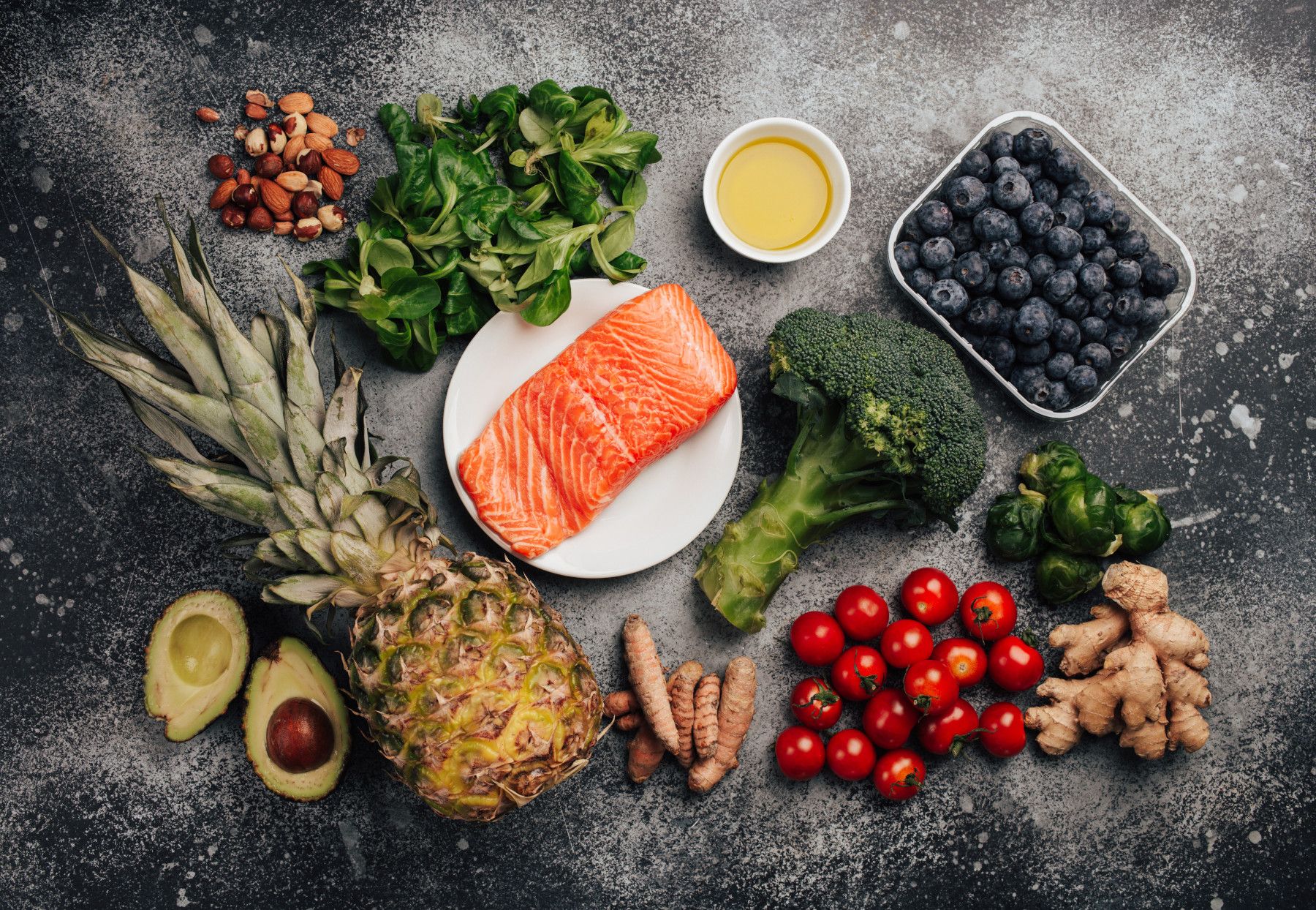Anti-Inflammatory Diet: Road to Good Health?

Inflammation is a natural response that occurs in our bodies to protect us from toxins, infections, and injuries.
However, when inflammation becomes chronic, it can pave the way for various health issues, including cancer, heart disease, diabetes, Alzheimer's disease, and even depression.
While medication and treatments play a vital role in managing inflammation-related conditions, adopting an anti-inflammatory diet can be a powerful addition to your wellness journey.
In this blog post, we will explore the concept of an anti-inflammatory diet, its benefits, and the foods you should include or avoid for optimal health.
Understanding Natural Anti-Inflammatories
Natural anti-inflammatories are foods that can help reduce inflammation in the body. Although an anti-inflammatory diet may not be a magic cure, it can complement existing treatments and potentially decrease the frequency of flare-ups or alleviate discomfort associated with certain conditions, such as rheumatoid arthritis.
Even if you don't have an inflammatory condition, embracing an anti-inflammatory diet can significantly improve your overall health and lower the risk of various health problems.
Embracing Anti-Inflammatory Foods

At the core of an anti-inflammatory diet lies a focus on wholesome, nutrient-dense foods that promote well-being.
Here are some essential anti-inflammatory foods to incorporate into your daily meals:
1. Fruits and Vegetables: Aim for a colorful variety of fruits and vegetables, as they contain essential vitamins and minerals that combat inflammation. Leafy greens like spinach and kale, along with broccoli and cabbage, are rich in vitamin K, which has anti-inflammatory properties. Additionally, colorful fruits like cherries, raspberries, and blackberries contain beneficial compounds that fight inflammation.
2. Whole Grains: Opt for unrefined grains like oatmeal, brown rice, and whole-wheat bread. These are high in fiber, which is associated with reduced inflammation.
3. Beans: High in fiber and loaded with antioxidants, beans are an excellent addition to your anti-inflammatory diet.
4. Nuts: Nuts, such as almonds, walnuts, and pistachios, provide healthy fats that help counter inflammation. Moderation is key, as nuts are calorie-dense.
5. Fatty Fish: Incorporate fatty fish like salmon, tuna, and sardines into your diet at least twice a week. These fish are abundant in omega-3 fatty acids, known for their anti-inflammatory properties.
6. Herbs and Spices: Enhance the flavor and nutrition of your meals with herbs and spices. Turmeric, found in curry powder, contains curcumin, a potent anti-inflammatory substance. Garlic also helps suppress inflammatory processes in the body.
Steering Clear of Inflammatory Foods

To fully embrace an anti-inflammatory diet, it's essential to avoid foods that contribute to inflammation.
Here are some inflammatory foods to limit or eliminate from your diet:
1. Sweets, Cakes, and Soda: Foods high in added sugars, including sodas and sweet drinks, promote the release of inflammatory messengers called cytokines. Limiting these sugary treats is crucial for managing inflammation.
2. High-Fat and Processed Red Meat: Foods like hot dogs that are high in saturated fat can trigger inflammation, so it's best to consume them in moderation.
3. Butter, Whole Milk, and Cheese: These foods are high in saturated fat, which can contribute to inflammation. Opt for low-fat dairy alternatives instead.
4. Fried Foods: Cooking foods in vegetable oils like corn oil and safflower oil can lead to an imbalance between omega-6 and omega-3 fatty acids, resulting in increased inflammation.
5. Trans Fats: Avoid products containing trans fats, such as certain coffee creamers and margarine, as they raise LDL cholesterol and promote inflammation.
6. Gluten-Containing Grains: If you have celiac disease, avoiding wheat, rye, and barley is essential. However, for those without gluten sensitivities, whole grains are beneficial for overall health.
The Road to Good Health
Incorporating an anti-inflammatory diet into your lifestyle can lead to improved well-being and a reduced risk of chronic inflammation-related diseases.
While an anti-inflammatory diet is a positive step towards better health, it's essential to combine it with other healthy habits, such as regular physical activity, stress management, and sufficient sleep.